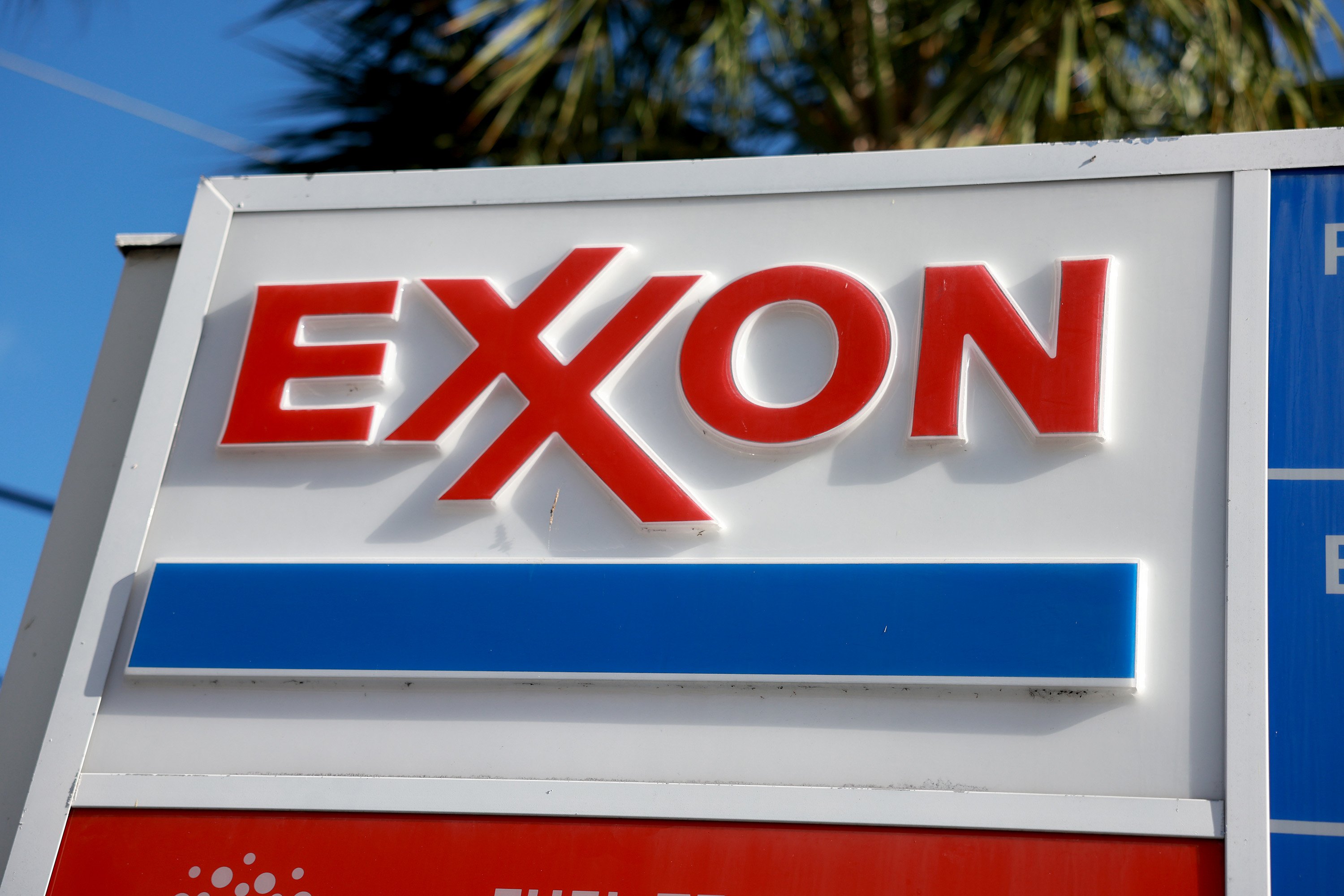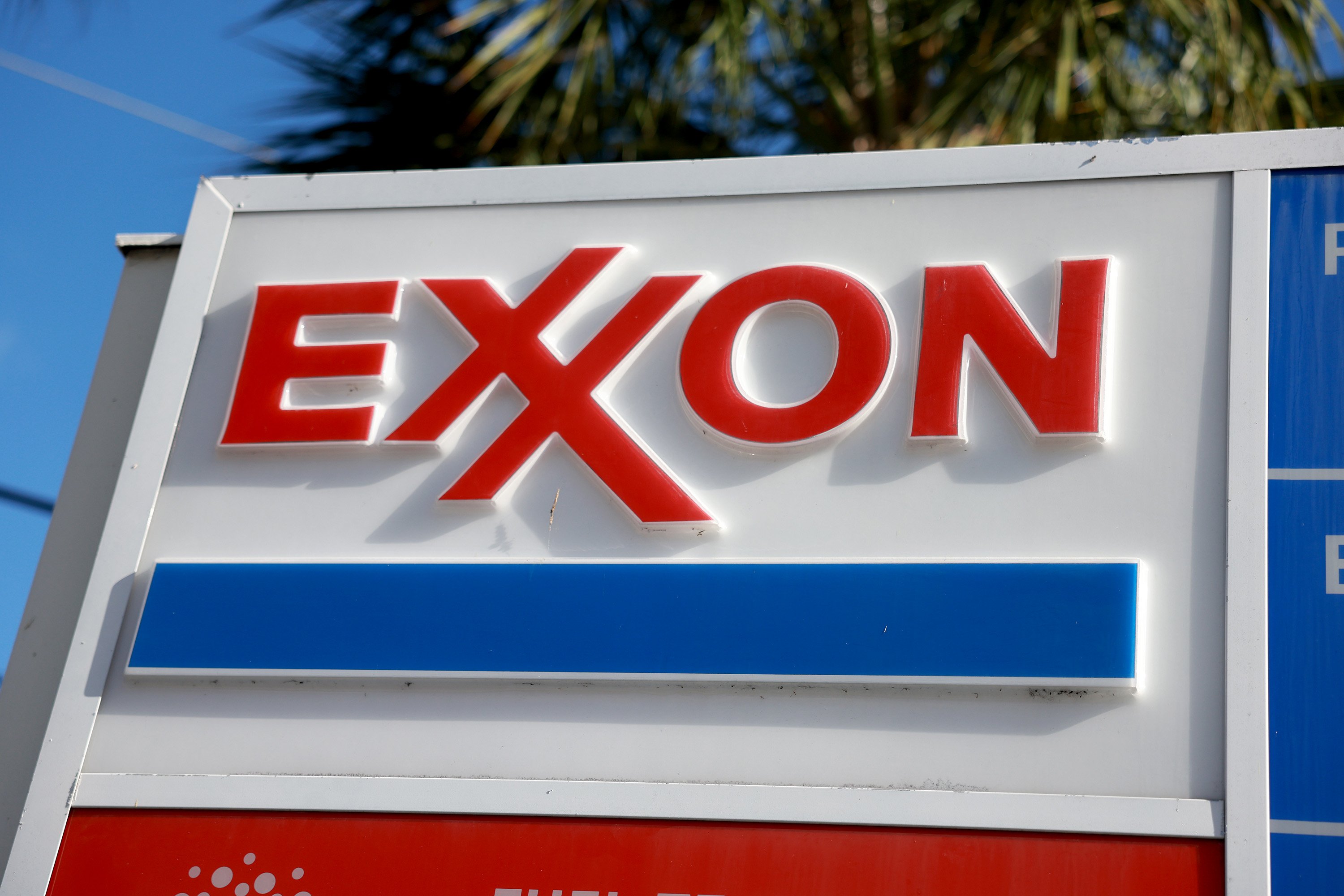As energy producers continue their balancing act between oil and natural gas production, price swings have left two of the industry's biggest producers scratching their heads. For the past few years, low natural gas prices have left these producers looking for more oil. Now, with the price of crude oil falling in the first quarter, it left both ExxonMobil (XOM +0.63%) and Chevron (CVX +3.15%) staring at weaker revenue results from the year before.
Luckily for Exxon, its refining business helped pad margins despite the segments' profits falling 2.6%. Overall, Exxon was able to grow its earnings by $50 million year over year. While that might not sound like a lot, because it's an expert share repurchaser, this represented 6% earnings growth on a per-share basis.
Unfortunately, Chevron wasn't so lucky as its integrated business was affected by downtime at two of its refineries. The company's Richmond, Calif., plant has been down since last August's fire, while the Pascagoula, Miss., plant experienced preannounced maintenance in the quarter. What that meant for Chevron is that as upstream earnings fell from $6.17 billion to $5.52 billion year over year, the problem was compounded as downstream earnings slipped, too, from $804 million to $701 million. Together, this contributed to an earnings drop of about 3% per share.
What we're seeing in the quarter is that Exxon's integrated asset base really helped to bail it out, while Chevron's didn't. That's rather interesting, considering that Exxon has been so vocal about exporting LNG, which would affect the chemicals side of its business.
Sure, Exxon wins either way, but considering that its chemical business fetched 62% more profit year over year for a total haul of $1.1 billion, the company would have been in the same boat as Chevron if it wasn't bailed out by these profits. This is especially true when you factor in that these margins were made possible by low natural gas. With that context, you have to wonder why it's so vocal to export our excess gas.
Dow Chemical (DOW +0.00%) has taken the opposite argument for exactly this reason. Feedstock costs are at rock-bottom levels because of the natural gas production surge, which has slashed prices. Dow says it and its chemical manufacturing brethren such as Huntsman (HUN 3.22%) will create more jobs in the U.S. than if LNG is exported.

Source: Dow Chemical.
Huntsman CEO Peter Huntsman has been just as vocal, saying that increased exports will cause "our nation's natural gas advantage to be stripped and sent overseas to build a new manufacturing base that would otherwise be built here in the U.S." That statement is certainly debatable, as a government study, which, while agreeing that exports would increase the price of natural gas, also noted that exports would be a net positive benefit to our economy. In fact, it sees $47 billion in new economic activity even with unlimited exports.
As the nation's No. 1 natural gas producer, Exxon sees its upstream business gaining far more than its downstream business loses under an increased export scenario. Its thoughts are that while its downstream business might have bailed it out this quarter, higher oil and natural gas prices are what will drive its future profits. That will enable the company to earn more on its current production while also investing to increase production from sources that currently don't have the economic terms that meet its current return criteria. So while its downstream operations bailed it out this quarter, Exxon would much rather see its upstream operations fueling its earnings.








